How to develop a furniture style
Garrett Hack has a style all his own, and here he talks about where it began, how it developed, and where it might be going in the future.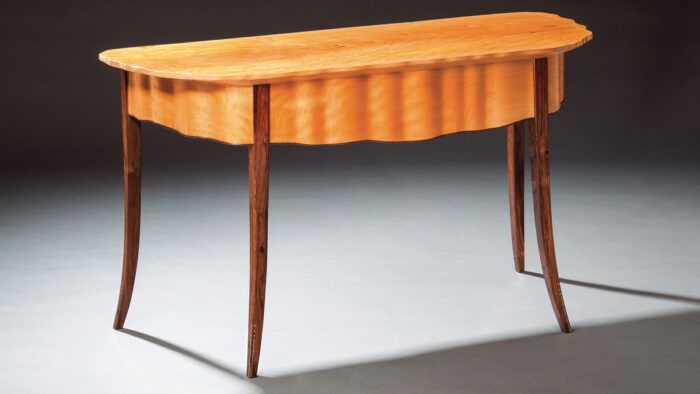
Synopsis: What goes into a furniture maker developing their own personal style? Garrett Hack has a style all his own, and here he talks about where it began, how it developed, and where it might be going in the future. For this furniture maker, observation is key, whether the inspiration comes from a classic piece of furniture, a natural form like a shell, a building, bridge, or something else entirely.
Every aspect of building furniture involves design, from first sketches to choosing materials, proportioning the parts, fashioning details, even deciding on the right finish. It will always be a challenge. As I have evolved as a designer I’ve developed a personal style, a visual vocabulary of design ideas that I am constantly exploring, refining, and adding to.
Educate your eye
Design is about looking—really looking—and making sense of what you see. Why does one thing appeal to you strongly and something else less so? Stimulating ideas can come from nature, architecture, a painting, anything that attracts your attention. I have always been a strongly visual person, no doubt influenced by a mother who believed that every museum was worth visiting, and travel was always a rich source of new ideas. My visual curiosity nurtured at an early age is even greater today, as I more easily connect ideas and see patterns that inspire future work. This deep well is my strongest asset as a designer.
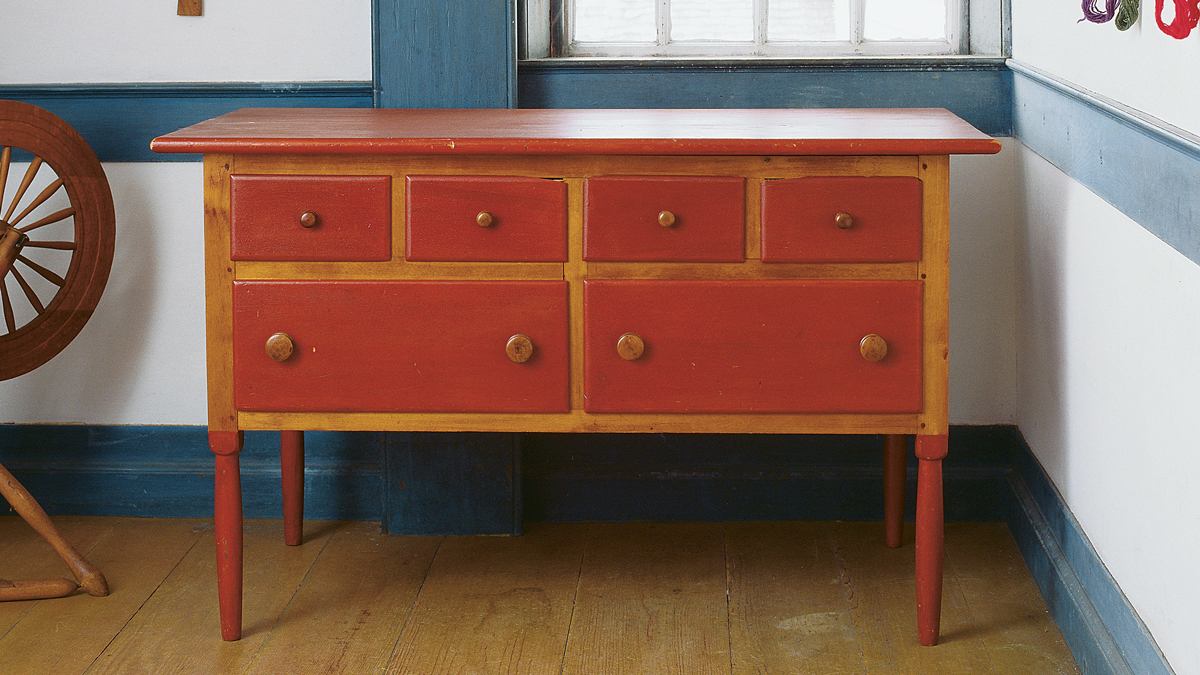
I remember one instance many years ago of really looking at and trying to understand a complex Philadelphia highboy at the Museum of Fine Arts, Boston. I was studying furniture at Boston University’s Program in Artistry and, through museums and reading, I was learning about the foundational styles of our craft. This highboy was not that appealing to me, but as I forced myself to study it I began to appreciate its shapes, proportions, the organization of its many elements and details. It was considered to be a sophisticated masterpiece by many; what could it teach me about design? That I can still reconstruct that piece in my mind says that some design influence lasted, but maybe just as important was the lesson that there are useful ideas everywhere if you look for them.
To view the entire article, please click the View PDF button below.
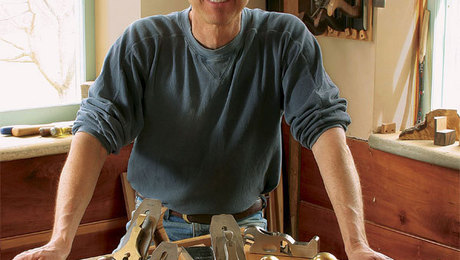 |
Rekindling the Spark |
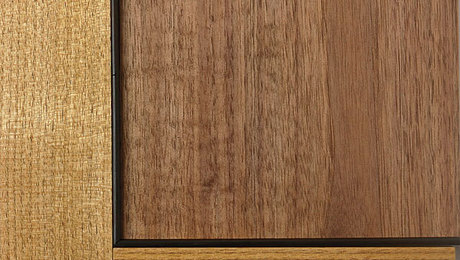 |
The Right Way to Use Contrast |
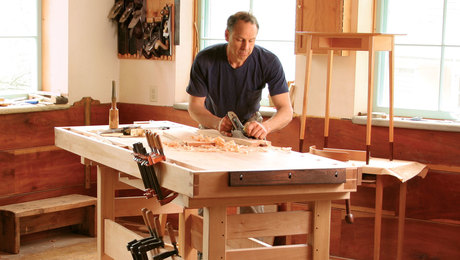 |
A Workbench 30 Years in the Making |
Fine Woodworking Recommended Products

Sketchup Class
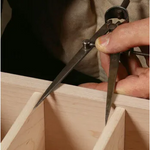
Dividers

Stanley Powerlock 16-ft. tape measure

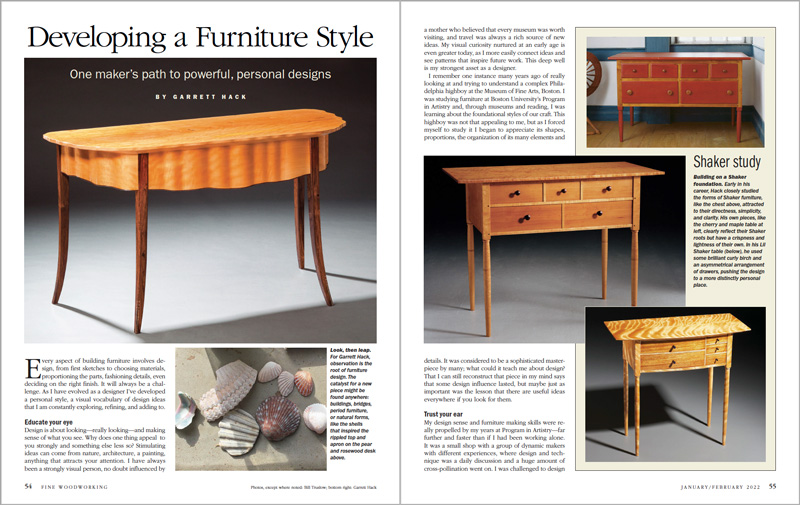 From
From 




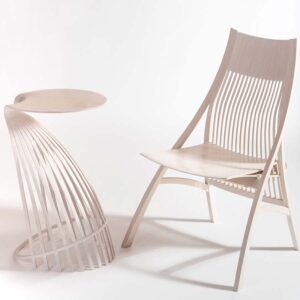





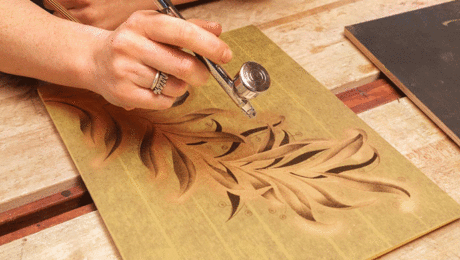
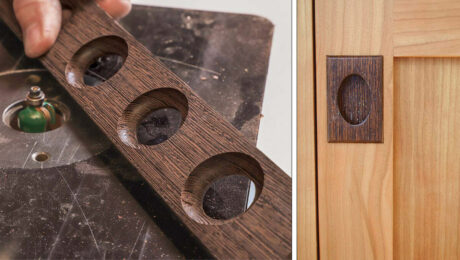
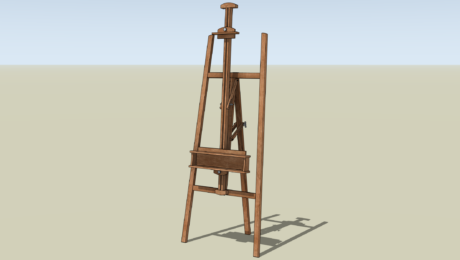








Log in or create an account to post a comment.
Sign up Log in